The deteriorating influence of traditional news media and new forms of information gatekeeping are threatening the sustainability of democracy in a more serious and multidimensional manner than was previously thought. At the same time, this changing picture is challenging our conventional assumptions about the information and skills required for people’s societal participation.
The working paper Gatekeeping in the digital age, published as part of Sitra’s project Digital power and democracy, analyses these changes in media power and the consequences for democracy. The study examines the original information gatekeeping theory from the mid-20th century and analyses how the theory can be adapted or reinterpreted in light of today’s media environment.
“It seems that reports of the death of gatekeeping, often linked to the emergence of social media, have been greatly exaggerated,” says Jukka Vahti, Project Director at Sitra, about the ideas behind the working paper.
“Gatekeeping is not a dead concept, but has just changed, become fragmented and partly changed ownership. In addition, the media environment transformation has created completely new forms of digital power and new gatekeepers, who perceive their social role and responsibilities in a totally different way than the traditional media.”
Traditional news media used to act as the gatekeepers of information and defined what was discussed in society, and how. In today’s mass media era, it is digital services, platforms and their algorithms that wield significant power over the type of information we are offered and shape how a media landscape built upon data looks.
The era of information war needs a deeper understanding of gatekeeping
The working paper describes how the most significant tech companies – such as Facebook, Google and Twitter – have grown into global giants, the gatekeepers of the digital age. Their gatekeeper position and gatekeeping mechanisms are not the same as those of the traditional “legacy media” (TV, radio and press). The platform companies do not produce content themselves. Instead, they choose, channel and share information through automated processes. Indeed, there has been a transition from curating performed by individuals and professional groups such as journalists to an era where content is increasingly curated by algorithms.
“From the Nordic perspective of strong media regulation, the global nature of platform companies represents an entirely new challenge that seems to have paralysed national decision-makers to some extent,” says Hannu-Pekka Ikäheimo, Project Director at Sitra and one of the authors of the working paper.
“How can we support gatekeeping that strengthens democracy when the opportunities for national regulation are limited? This question is also important in terms of society’s resistance to shock in an era of information war, as the largest platform services have become an integral part of our everyday lives and the entire social infrastructure over a relatively short period.”
Gatekeeping assumes various forms in both liberal democracies and authoritarian countries. Twenty-first-century communications technology provides opportunities for promoting democracy, but also for suppressing people’s rights and the freedom of information.
The paper concludes that the path to a more healthy information environment will not succeed by just developing regulation concerning the platform giants; the EU needs a clearer vision of how strongly it is prepared to support gatekeeping that strengthens democratic values, both within and beyond its borders. At the same time, we need investment in our own communications infrastructure.
Further information about the working paper
Hannu-Pekka Ikäheimo, co-author of the working paper, Project Director, New Forms of Participation, Sitra
Olli Seuri, co-author of the working paper, olli.seuri@iki.fi
Further information about the Digital Power and Democracy project
Jukka Vahti, Project Director, Digital Power and Democracy, Sitra
The Gatekeeping in the digital age working paper is part of Sitra’s Digital Power and Democracy project, which addresses the new forms of digital power and their impacts on democracy. Sitra’s past publications, including Media-mediated societal influence (2021) and Tracking Digipower (2022) have shed light on the transformation and future scenarios of the media environment, as well as on the nature of digital power based on the collection and use of data on individuals. The study examines the original information gatekeeping theory from the mid-20th century and analyses how the theory can be adapted or reinterpreted in light of today’s media environment.
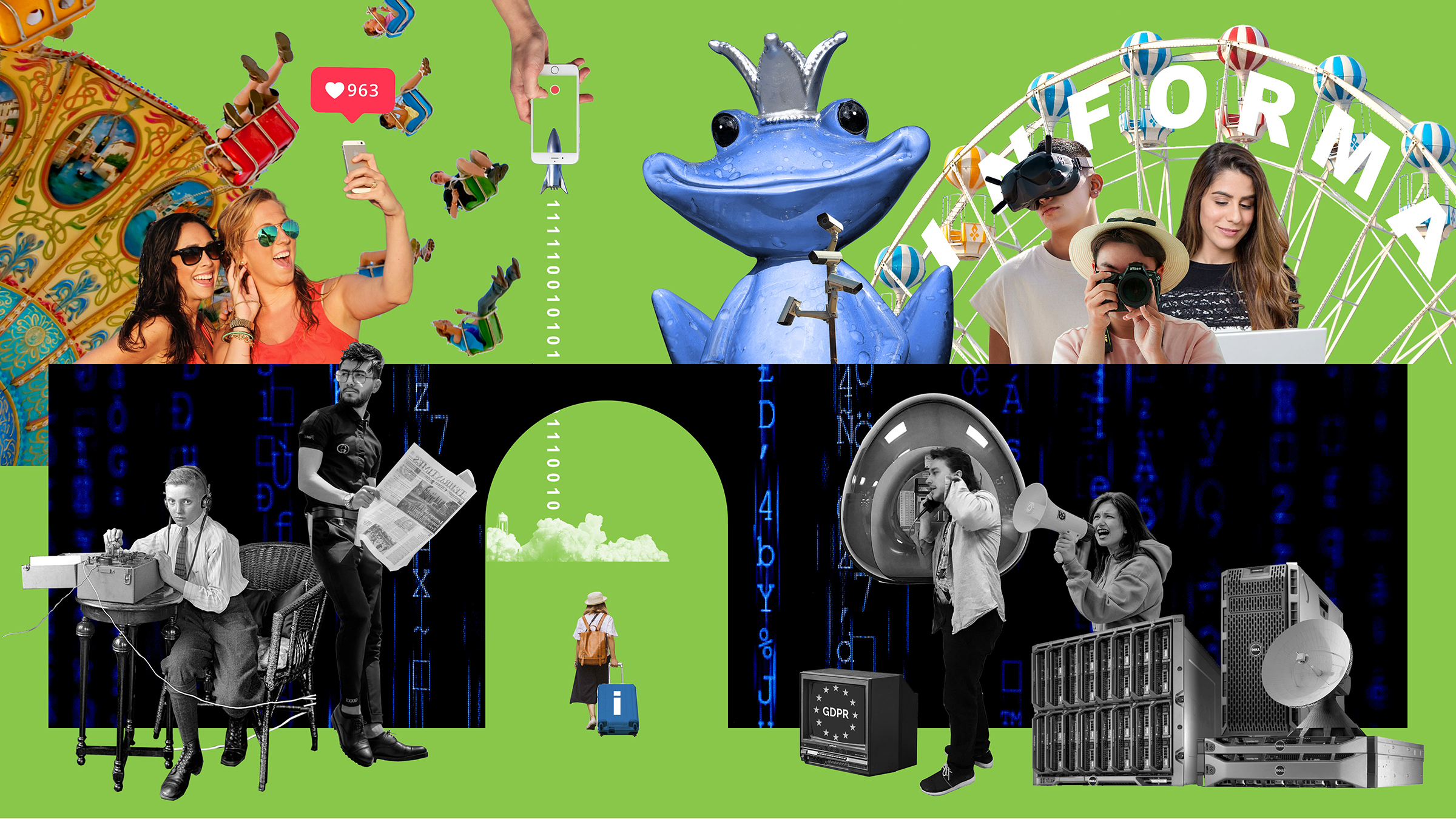


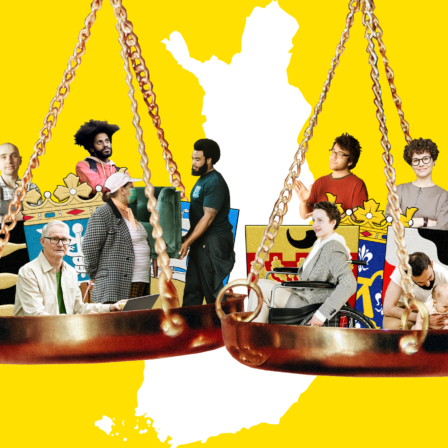
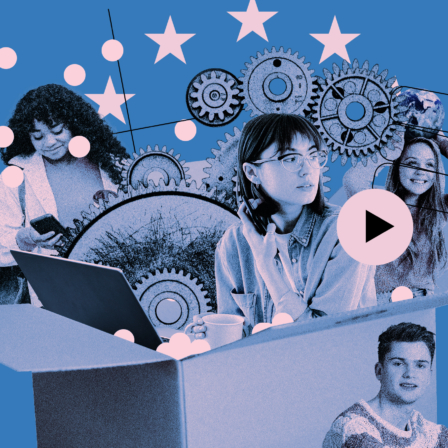
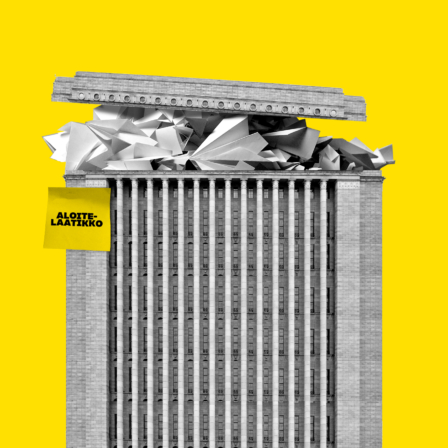

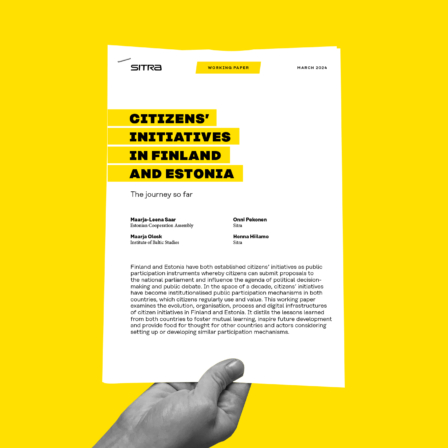
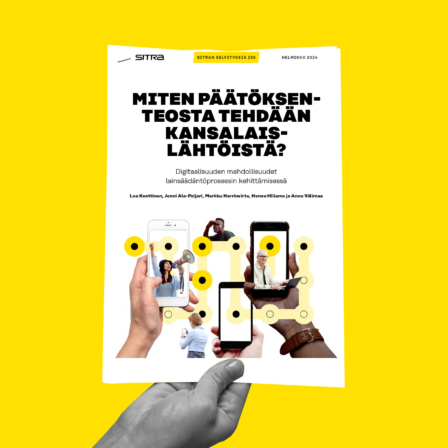
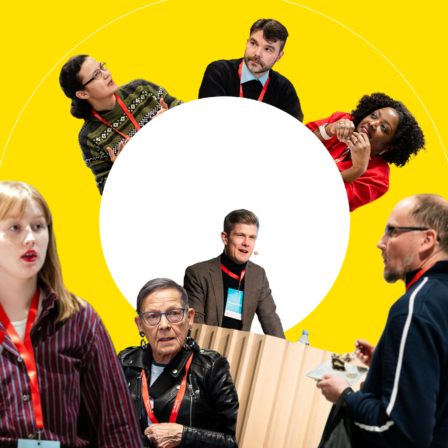
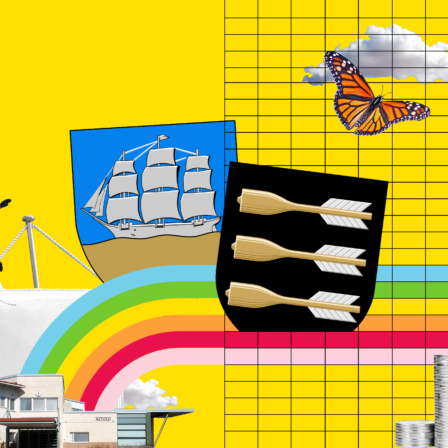
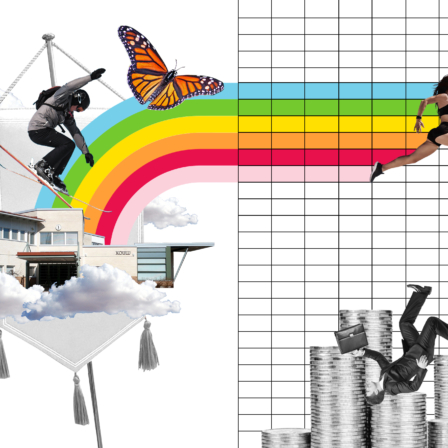

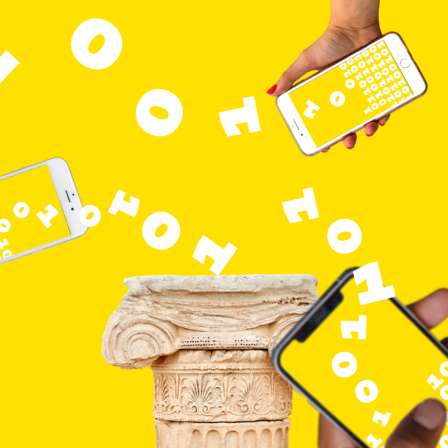
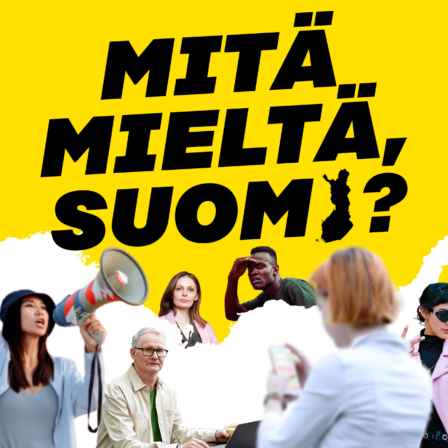

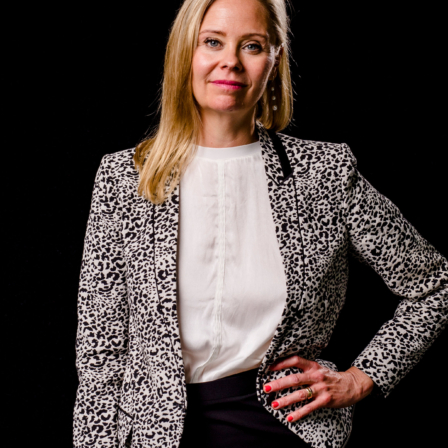


Recommended
Have some more.